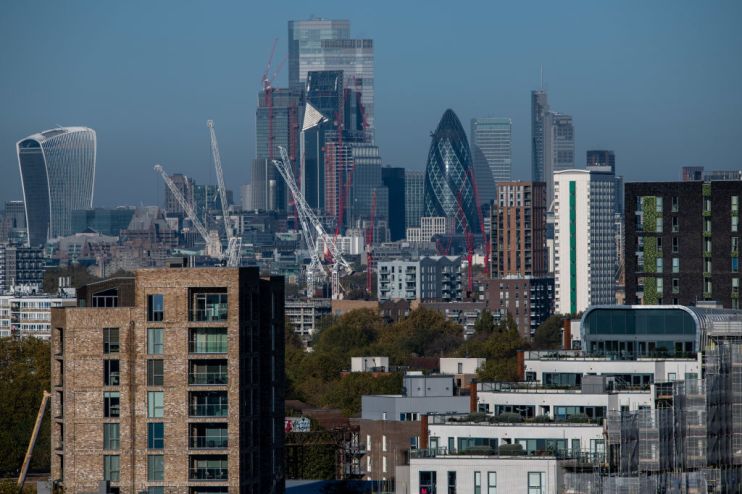Inflation to remain above Bank of England’s target until 2025, think tank warns

Inflation may remain above the Bank of England’s two per cent target for the next few years as price increases have increasingly spilled over into the wider economy, a think tank warned today.
According to forecasts from the National Institute of Economic and Social Research (NIESR), inflation is forecast to fall to 5.2 per cent by the end of this year, before falling to 3.9 per cent by the end of 2024.
Beyond next year, the think tank forecasts inflation to fall to 2.3 per cent in 2025, with it remaining marginally above the two per cent target until at least 2027.
NIESR also warned that there were “significant risks” to its forecasts which could result in inflation being higher than anticipated.
The forecasts come despite the latest inflation figures showing a faster than expected drop in inflation. In June, inflation increased 7.9 per cent on last year, the slowest rate since March last year.
“While headline inflation eased by more than expected in June, it remains the case that we have yet to see a significant movement in underlying inflationary pressures in the economy,” NIESR said.
NIESR pointed out that although high energy costs have now “fallen out” of the CPI index, other components – such as food and services – were now driving price increases.
“As a result of the original inflation shock, inflationary pressures have permeated indirectly to other areas of the economy,” the report said, which would likely force the Bank of England to tighten monetary policy further.
Stubborn inflation could also indicate that “a behavioural change has taken place… which is maintaining inflation above target despite monetary tightening”.
Higher for longer inflation could cause major headwinds for growth as it would lead to tighter credit conditions, which would pile more pressure onto businesses and households.
Amid persistently high inflation, NIESR predicted that it will take until the end of 2024 for UK output to surpass its pre-pandemic level, with the think tank highlighting five years of lost economic growth.
Although the UK is forecast to avoid a recession, GDP is expected to grow just 0.4 per cent this year and 0.3 per cent next year. With an election looming, politicians are likely to set out their plans to boost the low rate of growth over the next few months.
“The need to address the UK’s poor growth performance remains the key challenge facing policy makers as we approach the next election,” Stephem Milliard, NIESR’s deputy director for macroeconomic modelling and forecasting, said.